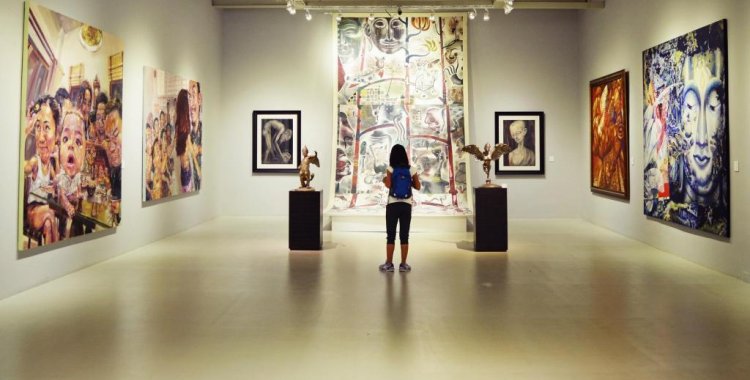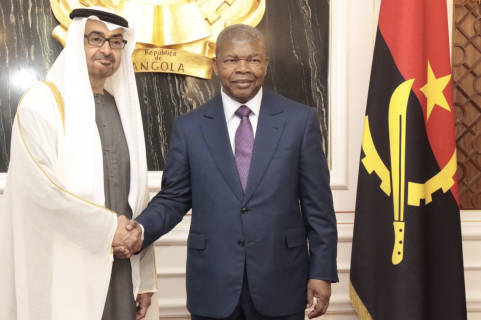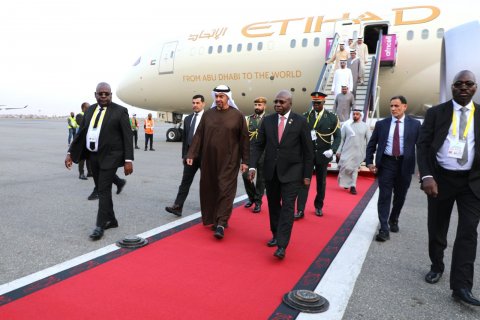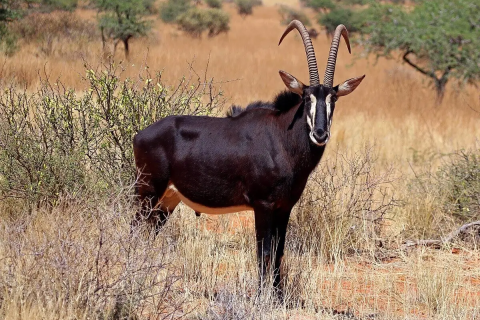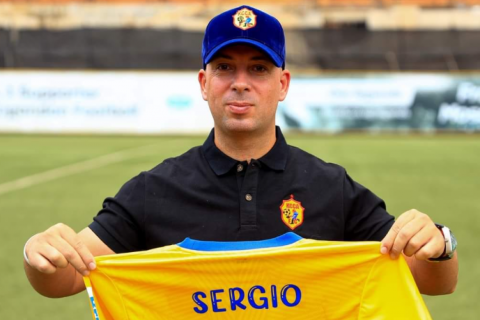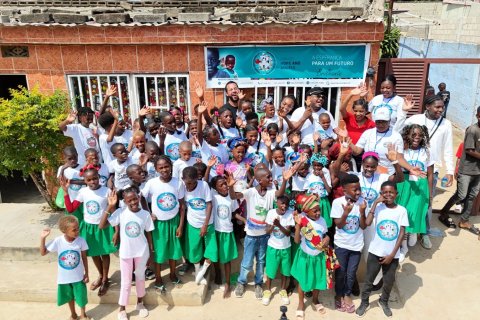The arts centre will also function as an artistic residence, in a building with more than 20 floors and an exhibition gallery for Portuguese-speaking works, from mainland China and Macao, a territory that Beijing has strategically defined to make the bridge with the Portuguese speaking countries.
On the occasion, the Consul General of Angola in Macau, Eduardo Velasco Galiano, said that any project "that benefits the Portuguese-speaking countries is welcome, is well received" and stressed an essential point in relations between peoples: that "there are other points of interest, besides the economic ones".
The president of the International Trade Association for Lusophone Markets during the laying of the first stone of the Arts Centre of China, Macao and Portuguese Speaking Countries explained that "the building will have more than 20 floors. (...) We hope in 2022 to have the work done and the art exhibitions" in a building that can host more than 100 people, and the investment currently is between "250 and 300 million patacas [21 and 31 million euros]".
"All Portuguese-speaking countries are welcome in Macao" and there are plans to subsidise the transport of artists, especially those who "are very poor, at the beginning of their careers", to strengthen "even more the friendship with the Portuguese speaking people", added Eduardo Ambrósio, whose association supported the organisation of the event.
"As an artist," he said, "the Chinese investor who is fully financing the project knows the difficulties of those who are starting their careers and "wants to offer Macau what it has gained from Macau.
Born in Sanshui, Guangdong Province, the benevolent Ieong Tai Meng is one of the most highly regarded and internationally awarded Chinese artists, as well as an important scholar who has played a key role in training new artistic talent in Macao.
"I have always loved this industry and this career, so I wanted to make my small contribution to bring together and help the Portuguese-speaking artists, creating more activities in the future and serving Macao", he explained to Lusa, without advancing the amount invested.
"This art centre has been prepared for more than a year and we have already registered as Macao Artist Association, China and Lusophone Countries. Through this opportunity, we hope to create a centre, increasing the meetings with artists from Portuguese-speaking countries", said Ieong Tai Meng, on the margins of the event.
For the Consul General of Portugal in Macau and Hong Kong, this project "will cement (?) the cultural cooperation that already exists between China and the Portuguese-speaking countries", above all because "there will be a place where artists can be hosted, where they can have their meals, where they can have meetings with other artists from this group of countries".
"I think that the issue of culture and language are fundamental to deepen relations between peoples. I value economic diplomacy very much, (...) but cultural diplomacy is very, very important, because deep down it is the one that will allow deeper ties between peoples," Paulo Cunha-Alves defended.
The Consul General of Mozambique in Macao, Rafael Custodio Marques, sustained the importance of this infrastructure, "which will facilitate cultural exchange at the level of Portuguese-speaking countries" and "perpetuate the cooperation that already exists and which is very good".

